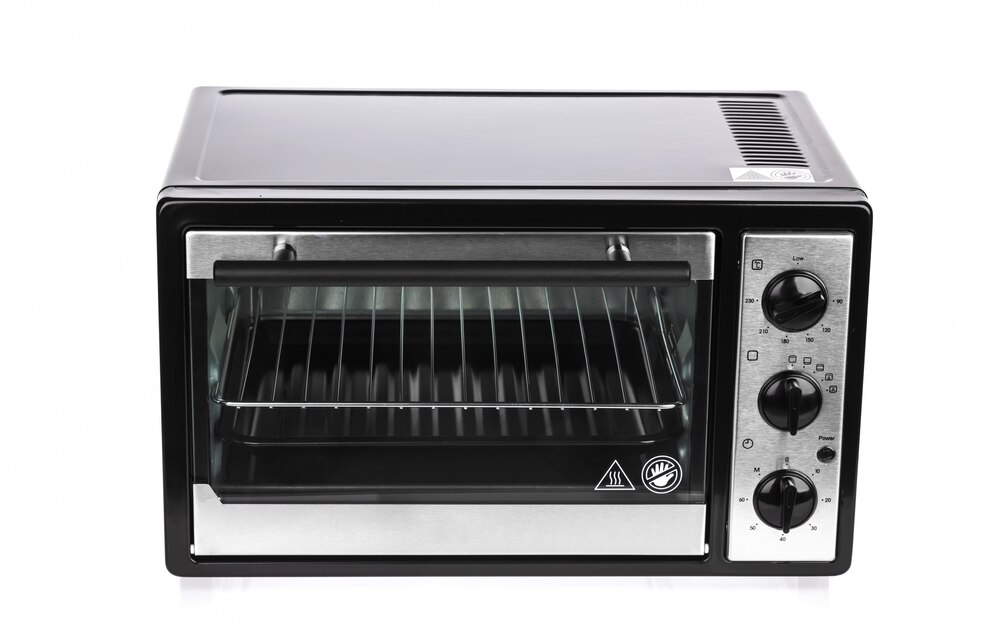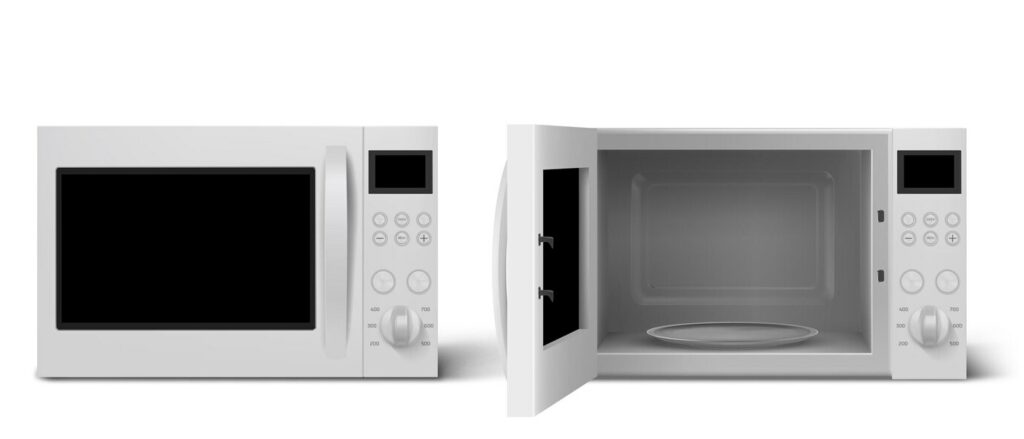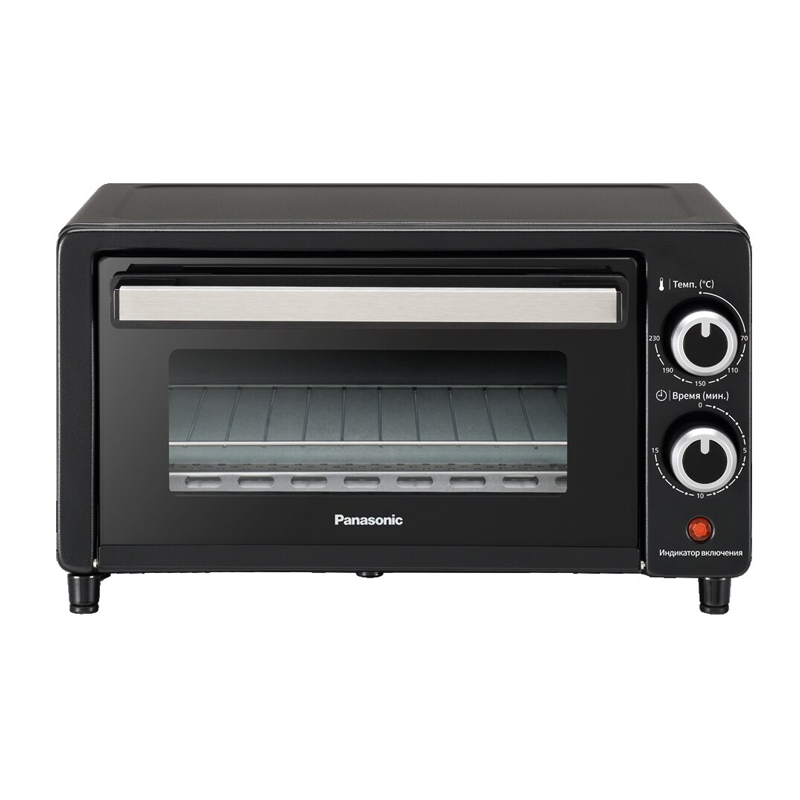Cooking is an essential part of daily life, and with the advancement of technology, there are now various options available to prepare meals. Two of the most commonly used kitchen appliances for cooking are electric ovens and microwave ovens. Both of these appliances offer convenience and efficiency in preparing meals, but they differ in terms of their cooking methods.
In this article by Pickaboo, you will find the main differences between electric ovens and microwave ovens to help you understand which appliance is best suited for your cooking needs. So, let’s explore the differences between electric ovens and microwave ovens.
What is a Microwave Oven?
A microwave oven is a kitchen appliance that uses high-frequency electromagnetic waves to heat food. These waves penetrate the food and cause the water molecules within it to vibrate, creating heat and cooking the food. The main advantage of using a microwave oven is its speed. It can cook food much faster than a traditional oven, making it a popular choice for busy individuals or families. Microwave ovens also do not require preheating, which saves time and energy.
In addition to heating food, microwave ovens can also be used for defrosting, steaming, and even baking in some cases. They come in a variety of sizes, with smaller ones suitable for individuals or couples and larger ones perfect for families. They are also relatively easy to use, with simple touch buttons and settings to adjust cooking time and power.
Some advanced models even have features like auto-cook and sensor cooking that make cooking even more convenient. However, microwave ovens are not suitable for cooking certain types of food that require browning or a crisp texture, which leads us to electric ovens.
What is an Electric oven?
An electric oven is a kitchen appliance that uses heating elements, usually located at the top and bottom of the oven, to cook food. Unlike microwave ovens, they do require preheating, which may take some time. However, this method of cooking allows for a more even distribution of heat, resulting in better browning and texture in food. Electric ovens also offer a wider range of cooking options, such as baking, broiling, and roasting, making them a popular choice for home cooks who want more control over their cooking.
While electric ovens take longer to cook food compared to microwave ovens, they do have the advantage of being able to handle a wider variety of dishes and can cook larger amounts of food in one go. They also tend to have a longer lifespan compared to microwave ovens.
However, they do consume more energy, which can lead to higher utility bills. Some modern electric ovens also offer features like convection cooking, where a fan circulates hot air throughout the oven for more efficient and even cooking. Overall, electric ovens are a versatile cooking appliance that offers more options but may require a longer cooking time and higher energy consumption.
Electric oven vs Microwave oven – What is the difference?
Each has its advantages and is suited for different types of cooking needs. The main differences between an electric oven and a microwave oven are:
- Cooking method: Microwave ovens use high-frequency waves to heat food quickly, while electric ovens use heating elements for a more even and controlled cooking process.
- Cooking time: Microwave ovens are much faster in cooking compared to electric ovens, which require preheating and may take longer to cook food.
- Cooking options: Electric ovens offer a wider range of cooking options, such as baking, broiling, and roasting, while microwave ovens are limited to heating, defrosting, and some baking.
- Texture and browning: Electric ovens are better at achieving a crispy texture and browning in food, which is not achievable in microwave ovens.
- Food versatility: Microwave ovens are suitable for heating and cooking simple dishes, while electric ovens can handle a wider variety of dishes and larger amounts of food.
- Energy consumption: Microwave ovens use less energy compared to electric ovens, which may result in higher utility bills.
- Cost: While electric ovens may have a higher initial cost, they tend to have a longer lifespan compared to microwave ovens.
- Convenience: Both appliances offer convenient cooking options, but microwave ovens are generally considered easier to use with their simple touch buttons and settings.
Are electric ovens and Microwave ovens the same?
No, an electric oven and a microwave oven are not the same. The main difference between these two kitchen appliances is the cooking method they use. Electric ovens use heating elements for a slower but more versatile and controlled cooking process, while microwave ovens use high-frequency waves to quickly heat food.
Conclusion
Electric ovens and microwave ovens both have their unique features and benefits for preparing meals. While microwave ovens offer quick and easy cooking, electric ovens provide more control and versatility. Deciding which appliance is best for you will depend on your cooking needs and preferences.









